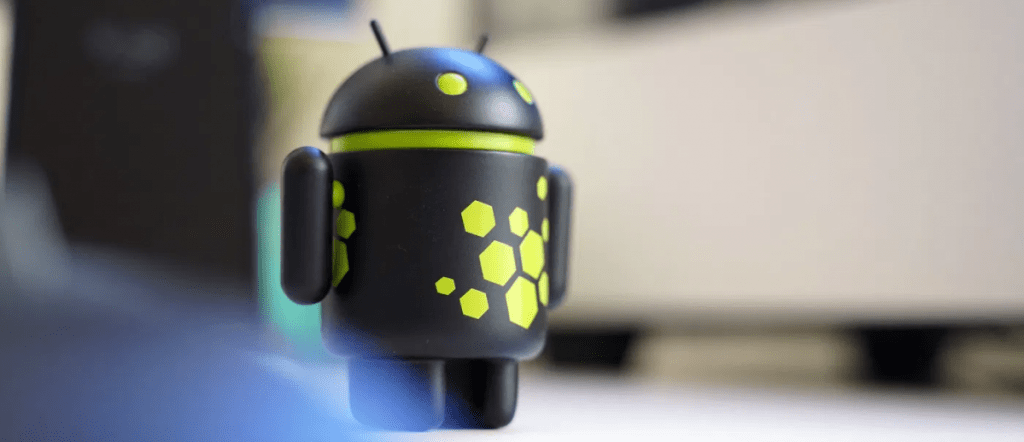
Table of Contents
ToggleAndroid 12 introduces a valuable feature designed to optimize device storage by cleaning up residual files left behind by unused apps. For IT company and developers, this new functionality can significantly enhance performance by freeing up space and improving efficiency.
As mobile storage becomes increasingly critical, Android 12’s approach offers an innovative solution to streamline app management.
Hints of Hibernation Mode in Developer Previews and Leaks
Although the feature hasn’t appeared in any Android 12 developer preview releases yet, it seems to be on the way. Developers have already found references to the feature in AOSP code, and now leaks of Android 12 builds are showing similar hints.
How Hibernation Mode Works
Hibernation mode operates similarly to how Android withdraws app permissions after extended periods of inactivity, but it simplifies the process.
Leaked Build Reveals New ‘Unused Applications’ Menu
In last week’s leaked Android 12 build, XDA successfully tested the feature and revealed that Android 12 would introduce a new “Unused applications” section in the System details configuration menu. This would remove the “delete permissions if app isn’t used” toggle that currently exists in the App permissions panel.
How Android Flags Unused Apps
When an app is marked as inactive, its permissions are revoked for functional protection (as in Android 11), alerts are turned off, and temporary files (presumably cache and similar) are removed to free up space.
These applications must be able to be re-enabled very easily, or there will be little advantage to uninstalling them.
This might be a handy feature for that once-in-a-blue-moon tool, such as the incredibly infrequent Lyft trips I take during tech shows and only twice a year after that. Of course, it would be a huge help to anybody who has a phone with little storage space.

Conclusion
Android 12’s hibernation mode offers a promising solution to optimize storage by managing unused apps and removing unnecessary files. By automatically flagging inactive apps and cleaning up residual data, it ensures better performance and efficient use of storage, especially for devices with limited space. While the feature is still in development, it holds great potential for users and IT companies alike, offering a smarter way to manage app data and improve the overall mobile experience. If implemented successfully, this feature will be a valuable tool for anyone looking to streamline their device’s storage management.